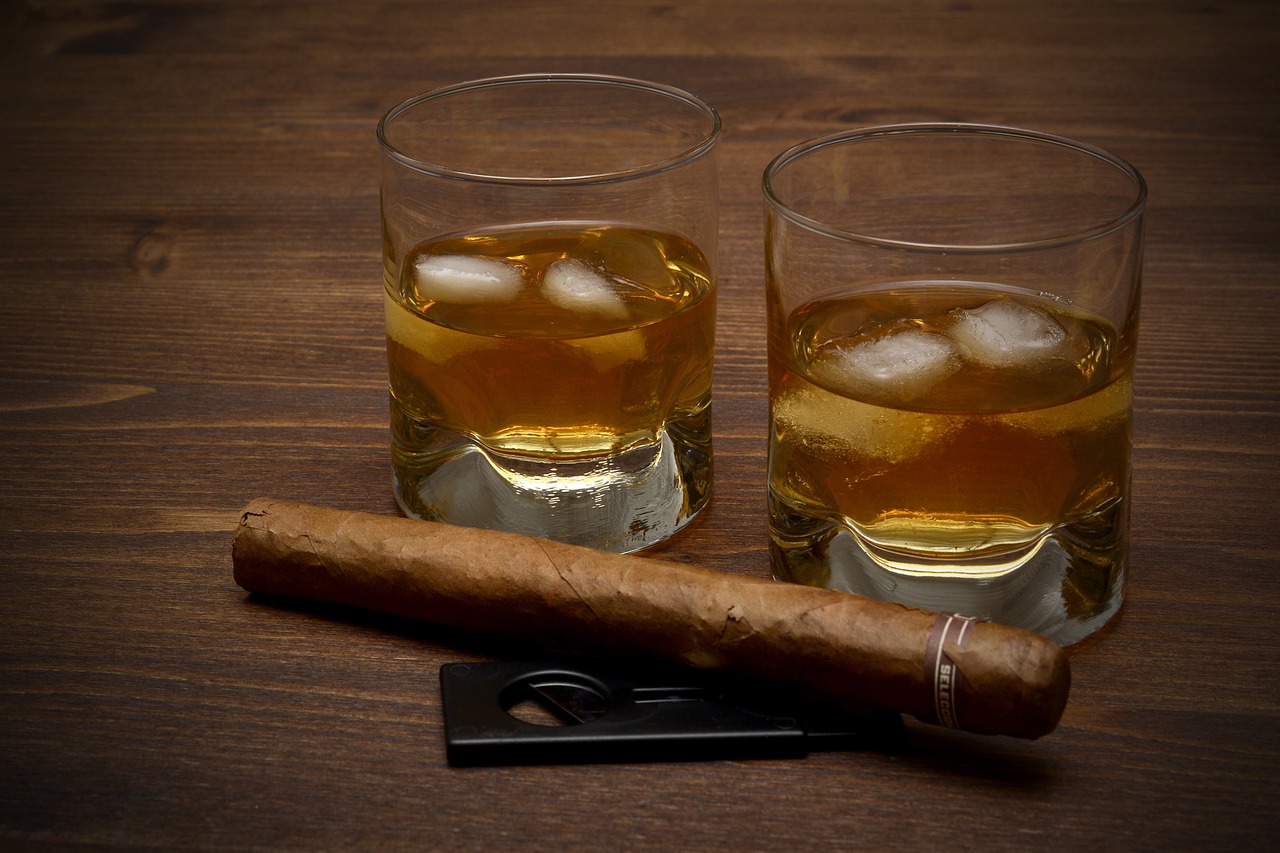The Smoke-Filled Rooms: A History of Cigars, Liquor, and Politics
The intertwined history of cigars, liquor, and politics is as old as the art of negotiation itself. These indulgences have not only symbolized power and luxury but have also shaped pivotal moments in political history, from clandestine deals to dramatic debates.
Colonial Beginnings: Tobacco and Trade
Cigars first gained prominence in the Americas, with indigenous peoples cultivating tobacco long before Europeans arrived. Christopher Columbus’s sailors are credited with introducing tobacco to Europe in the late 15th century. By the 17th century, tobacco had become a lucrative crop, fueling colonial economies in the Americas. Alongside sugarcane and rum, it was one of the commodities underpinning the transatlantic trade.
In the colonies, tobacco became a cornerstone of political power. Planters in Virginia and the Carolinas, many of whom were early American leaders, amassed wealth by exporting tobacco to Europe. Cigar lounges, as we know them, evolved from the gentlemen’s clubs of London, where political discussions unfolded over a cigar and a glass of port or brandy.
The Age of Revolution: Rum, Whiskey, and Rebellion
Liquor, especially rum, also played a pivotal role in politics. During the American Revolution, rum served as currency and a morale booster for troops. However, after independence, whiskey took center stage. When the young U.S. government imposed a tax on whiskey in 1791, it sparked the Whiskey Rebellion—a defining moment that tested federal authority under George Washington's leadership.
Meanwhile, across the Atlantic, the French Revolution saw cognac and champagne become symbols of both aristocracy and defiance, marking a duality that persists in liquor’s cultural significance.
Cigars in the White House and Beyond**Cigars became a hallmark of 19th-century political power. President Ulysses S. Grant was a legendary aficionado, reportedly smoking up to 20 cigars a day. His image, often with a cigar in hand, solidified the connection between cigars and authority. By the time of the Gilded Age, “smoke-filled rooms” became synonymous with backroom political deals, where powerful men determined the fate of nations over clouds of fragrant tobacco.
Prohibition: Liquor Underground, Politics in Chaos**
The Prohibition era of the 1920s brought liquor into a dramatic clash with politics. The ban on alcohol gave rise to speakeasies, organized crime, and rampant corruption. Politicians like Al Smith, who opposed Prohibition, used it as a platform to gain favor with working-class voters.Cigars, meanwhile, remained a staple of political camaraderie. They became a tool for signaling alliances, with deals often sealed over a shared smoke, even in the shadowy world of Prohibition-era politics.
Modern Times: Symbols of Sophistication and Influence
Today, cigars and liquor are no longer the exclusive domain of political elites, but their symbolic power endures. A glass of bourbon in a politician’s hand or the sight of a cigar being lit at a celebratory event still evoke a sense of authority, wealth, and tradition.

